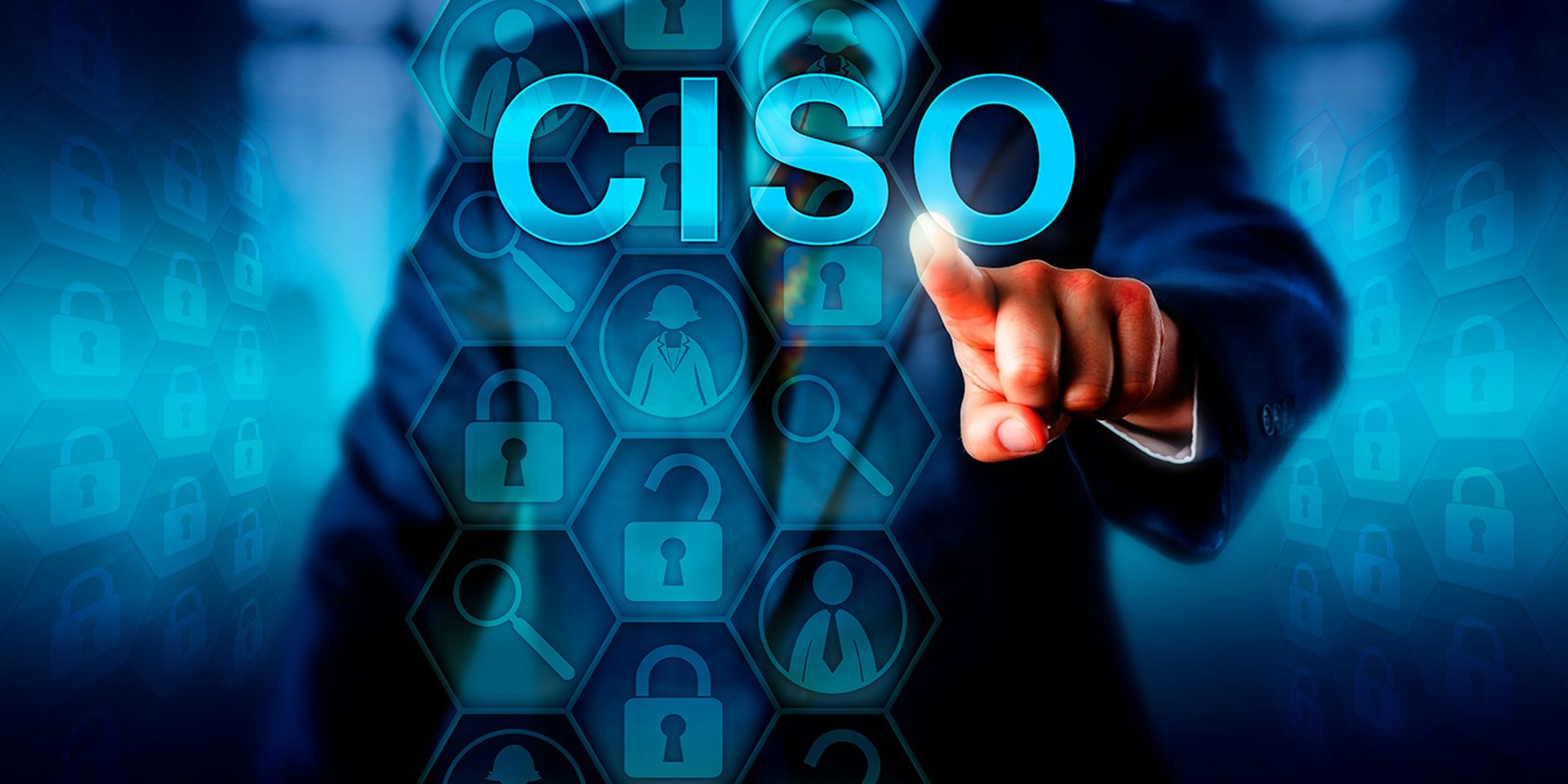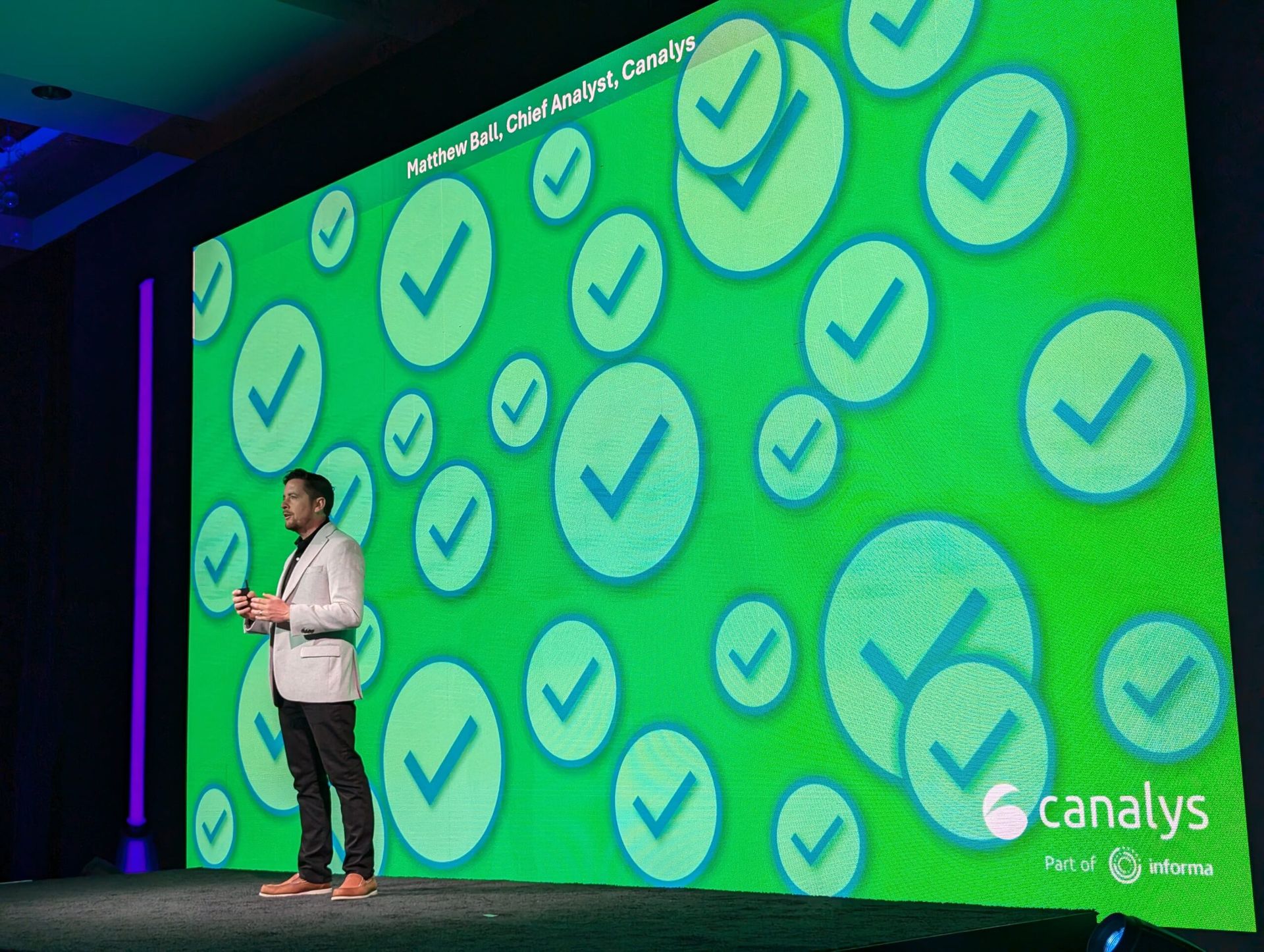Congratulations on your decision to bring in a vCISO! With the recent new risks and regulations, a vCISO will help you, as a business owner or IT member, secure your operations and ensure you meet compliance regulations.
However, the journey to finding the right vCISO might be daunting. Many organizations don’t have the time or resources to properly evaluate a large number of vCISOs. This is where this blog post can help.
Below, you will find a list of questions to ask potential vCISO vendors. The list covers a wide range of topics, from security and compliance to experience to the right tools and the team. The answers to these questions can help you determine whether the vCISO you’re assessing is the right choice. In many cases, there is no right or wrong answer, there are answers that are right for your business needs.
How to use this checklist:
- Review the questions and highlight the ones that are relevant for you.
- When evaluating vCISO vendors, ask them these questions and take notes. You can also record the call and get a transcript and initial analysis with AI.
- Analyze their responses after the interview. It’s recommended to do so with someone who wasn’t on the call with you. This will provide new perspectives and can help highlight issues you didn’t notice initially.
- Provide a score and written evaluation based on the analysis.
- When looking at your vCISO vendor shortlist, incorporate the score and evaluation into your considerations.
The Importance of Choosing the Right vCISO Vendor
A vCISO provides strategic security direction, develops security policies and ensures compliance with regulations. With businesses dealing with more third-party risks, regulations and insurability issues than ever, choosing the right vCISO is a top priority. Your vCISO will determine how well you can handle and manage these pressing security and compliance issues.
But a good vCISO goes beyond security expertise. vCISOs are business leaders. They communicate with management, provide insights into security investments and the threat landscape and suggest resilience planning that aligns with your business objectives. That’s why a good vCISO brings the expertise and tools that can integrate into your organization’s culture and operational cadence, elevating your business as a whole.
You should be able to see this impact in a few months time. Since you shouldn’t be looking to replace your vCISO every few months, this makes choosing the right one all the more important.
The vCISO Evaluation Checklist
Industry Experience
Cybersecurity challenges and regulatory requirements vary significantly across sectors. Each industry faces unique threats and has distinct compliance requirements. For example, finance service companies are subject to stringent regulations like PCI DSS. Attacks are usually non-complex and they deal with a relatively large number of insider threats. Healthcare companies, on the other hand, need to comply with HIPAA in the US and often face ransomware attacks.
A vCISO with deep knowledge in your specific sector brings an understanding of these unique requirements and knows how to handle them effectively. In addition, a vCISO with relevant industry experience will have a network of contacts, resources and practices that can be leveraged for your benefit and offer a competitive edge.
Questions to ask:
- How many years of experience do you have in my industry?
- Which types of customers have you worked with? Ask about company size, architecture, business model, technologies used, geographical presence, decision-making structure and more.
- What types of threats have you dealt with?
- Which compliance regulations are you familiar with?
- Which customer names, case studies and references can you share?
Services Scope
A vCISO’s services scope can range greatly. Services can include strategic planning, risk assessment, compliance management, policy creation, incident response, training, hands-on technical implementation and more.
Discussing the services scope helps you understand a) what their abilities and limitations are and b) whether their expertise aligns with your organization’s specific needs. Setting clear expectations will help you ensure your investment is directed towards services that are beneficial for your organization’s cybersecurity strategy.
Questions to ask:
- What services do you provide? What services don’t you provide?
- How do you address dynamic needs? Let’s say I need a new service you don’t offer, how will you respond?
- What’s your business model? For example, comprehensive ongoing security services end-to-end, managed services of a limited scope, a basic retainer + additional service hours for extra services, etc.
- Will you start with a security and compliance assessment of my organization? How does that work?
- How do you build and manage the security plan?
- To which frameworks will you map my network and plan?
- How do you address any future scalability needs I might have?
- What can I expect from you in the first 100 days?
- Which part of the plan do you execute yourself? And what parts need to be executed by our team?
Communication and Processes
Cybersecurity policies, risks and recommendations need to be understood and acted upon by all stakeholders in your company, from IT to the boardroom. Clear and effective communication and standardized processes ensure all relevant stakeholders are always in the loop, understand the complex technical issues in their own terms and have the information they need to make informed decisions.
Questions to ask:
- How does communication take place? This includes the tools and the channels.
- How often can we expect to get updates and information from you?
- How do you ensure processes are structured, standardized and communicated effectively?
Reporting
Reporting provides a clear and single pane of glass of the organization’s security and compliance posture. They ensure everyone is aligned and allow for monitoring and measuring the security activity. These findings can be used for making informed decisions, for auditing and to track progress. Therefore, they should be always accessible and understandable to both technical and non-technical stakeholders.
Questions to ask:
- Which reporting methods do you use? Is there a platform where we can always see the reports?
- How often are reports updated and shared?
- Which metrics do you use to measure progress and success?
- What’s the scope of the report? Which of the following does it cover: security posture, vulnerabilities, compliance readiness status by framework, tasks and remediation plan status?
Compliance
Meeting regulatory requirements and standards is a fundamental aspect of cybersecurity management. This includes understanding which policies, controls and practices need to be implemented, how to implement them and how to easily adapt to future changes in the regulatory environment. Effective compliance management under a vCISO’s guidance ensures the organization avoids fines and sanctions and builds trust with customers, partners and regulators.
Questions to ask:
- Which regulations do I need to be compliant with?
- How will you ensure I’m compliant with these regulations?
- How do you perform compliance assessments? Which tools and processes do you use?
- How will you report my compliance status to me?
- How do you create and implement compliance policies?
- Do you assist with auditing?
- Do you track new compliance regulations?
- How will you prepare the organizations for upcoming regulations like NIS2?
Technologies and Platforms
The technological foundation the vCISO uses will directly impact your organization’s ability to defend against current and emerging cyber threats. A vCISO who leans towards innovative solutions will better manage your security and compliance posture, while offering more advanced solutions to deal with risks and threats.
vCISO platforms also allow for visibility and reporting, giving you peace of mind since you can always see your current status and progress. They also support scalability, which means the vCISO will be able to answer your future and evolving needs, and not just your current ones.
Questions to ask:
- Which technologies and platforms do you use to provide vCISO solutions?
- Are these solutions user-friendly? Will I be able to easily use and understand them myself?
- Do you use SaaS platforms, so I can also easily access and stay up-to-date?
- Which platform do you use as a single-source-of-truth for tracking and communicating security progress?
Contracts
Contracts establish a clear, mutual understanding of the engagement’s terms, conditions and expectations. They outline the scope of work, deliverables, timelines, confidentiality obligations, fees and the mechanisms for handling changes in scope or unforeseen cybersecurity challenges. Make sure contracts are clearly written and signed beforehand, to avoid legal consequences and misunderstandings as much as possible.
Questions to ask:
- How much do services cost?
- What’s the payment or business model? For example, a fixed monthly fee, an annual fee, a basic retainer with service hours, etc.
- What are my obligations? What are yours?
- What are the terms for ending services?
- Who owns the data created during the relationship?
It’s recommended to consult with your legal advisors when building and signing the contract.
Get to Know the Team
Cybersecurity is a broad field that requires a range of skills, from technical expertise in areas like network security and incident response to strategic skills in risk management and compliance. A vCISO supported by a diverse and skilled team can ensure that all aspects of your organization’s security needs are addressed.
Questions to ask:
- How many employees do you have?
- What’s their experience – skill set and years in the field?
- Which tools do you use to improve their capabilities and bridge knowledge gaps?
- Who’s my point of contact?
- What happens if the individual vCISO I’m in touch with is away or leaves the company. Who is in charge?
Conclusion
Choosing the right vCISO is a strategic decision for your business. A good vCISO provides security and compliance peace of mind, while integrating with your business operations. This checklist can serve you and help you find a vCISO that is knowledgeable in your industry and brings in the right tools and team. By following the structured approach and questions provided, you will be able to make an informed decision, ensuring their investment in a vCISO adds significant value to your cybersecurity posture and business strategy.
See how Cynomi can help you and your vCISO enhance security services at scale. Click here.
Blog courtesy of Cynomi. Regularly contributed guest blogs are part of MSSP Alert’s sponsorship program. Read more Cynomi guest blogs and news here.




